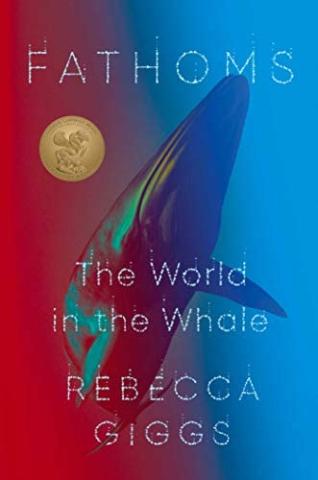
Whale Encounters
by Seth Warburton
We could afford one night in the most ideal bed and breakfast either of us could imagine. Just off the northern coast of Newfoundland is Quirpon Island. A building that once housed lighthouse keepers now plays host to wide-eyed tourists like my wife and I. The boat we boarded for the ride to the island seemed large and sturdy tied to the pier, then small and flimsy as we left the harbor and felt the effects of wind and wave, and then entirely insignificant when a humpback whale glided just under the keel and surfaced to breathe twenty feet away. Though my camera was securely packed in a water-tight bag, I am confident that I’ll never forget that sight. I’m not the only one left with a sense of awe after an encounter with one of Early’s largest animals.
Author Rebecca Giggs writes that a whale encounter leaves us pondering the possibility “that there are more dimensions to this world, and wilder ways to experience it, than we have the scope to fully comprehend.” Yet Giggs’ own close encounter with a humpback whale, hers stranded and dying on a beach, led her to realize just how closely connected humans are to these majestic and mysterious animals. She plumbs the depths of those links in her book, “Fathoms: The World in the Whale.” Humans and whales have shaped each other’s lives for centuries, she finds, and will continue to do so. The success of the anti-whaling movement was an astonishing feat of international cooperation, providing hope that we can accomplish the remaining conservation work necessary to protect Earth’s largest creatures.
Tom Mustill had an even more dramatic meeting with a humpback whale. While paddling in Monterrey Bay, a breaching whale landed atop his kayak, leaving the author lucky to escape with his life. Instead of fear, this near miss inspired curiosity, leading the biologist and author to research and write “How to Speak Whale.” He finds that though modern science and computing are not advanced enough to talk to whales, they can provide some fascinating glimpses into how these animals think and communicate. They seem to have cultures among their groups, to undertake actions just for pleasure, to care for their sick, to grieve their dead. Certainly, however far we have yet to go to understand them, we can understand now that whales and their environment are worth saving.